Ken Sehested
The following essay appears in a worship resource packet, "A Penitential Opportunity," created for (and soon to be available from) the Vietnam Peace Commemoration Committee to call attention to the 50th anniversary of the 16 March 1968 massacre by US troops of more than 500 civilians in My Lai, Vietnam.
"Concealment makes the soul a swamp. Confession is how you drain it."
—Charles M. Blow, New York Times columnist
Except in a few traditional religious settings, penitence is a seldom used word. While its more common synonyms—confession, apology, contrition, and repentance—are standard parts of many church liturgies, the images they convey have generally fallen out of favor. There are good reasons why this is so. The primary definition of penance is “voluntary self-punishment inflicted as an outward expression of repentance for having done wrong.” A web search for penance 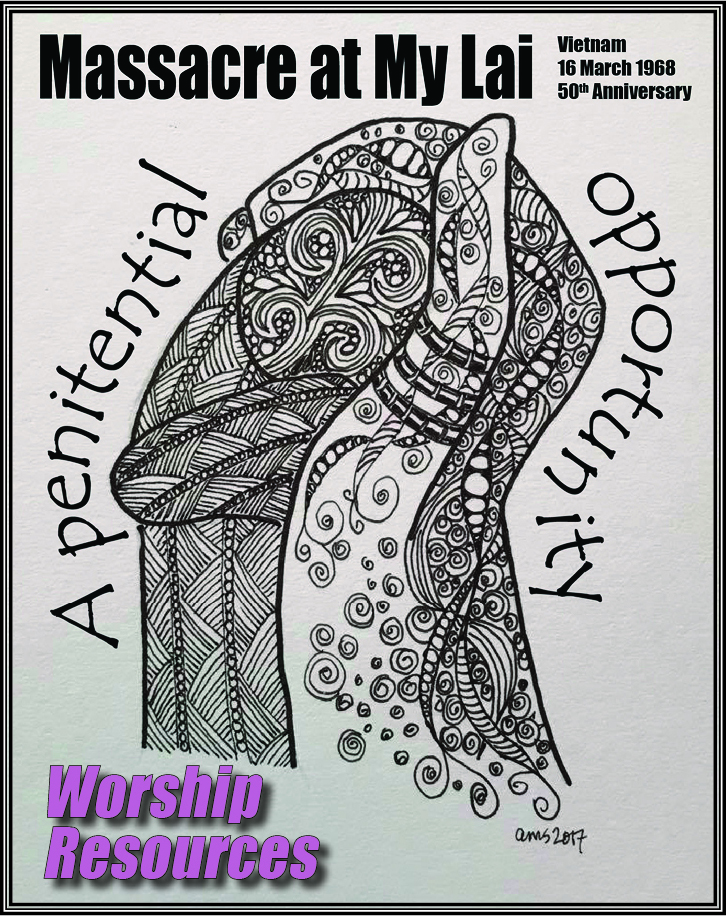 reveals more than a few pictures of people whipping themselves.
reveals more than a few pictures of people whipping themselves.
But we privilege confession and absolution in our liturgy not because God enjoys our humiliation. Just the opposite. By the grace of God, confession frees us from the power of our failures. Confession provides the possibility to begin again. It means we are not defined by our past. It means a different future is possible. The wreckage wrought by human behavior is real; but the future is not thereby fated.
What does attention to penitential life have to do with the 50th anniversary of the My Lai massacre? Everything—if we’re looking for root causes and not merely explanations.
On March 16, 1968, a platoon of U.S. soldiers led by Lt. William Calley committed war crimes in the small village of My Lai, Vietnam. They were expecting a military encounter that didn’t occur. Then, for reasons beyond human capacity to comprehend, they began systematically killing women, children, and elderly men—500 or so. Of the 26 officers and soldiers initially charged with crimes at My Lai, only Lt. Calley was convicted—of premeditated murder, for which he could have received the death penalty. Instead he was remanded to life in prison at hard labor. Eventually his sentence was reduced to 10 years, but he served only five months in prison and 35 months under house arrest. Though he finally made a public admission of remorse for My Lai in 2009, Calley never wavered from his trial testimony that he was simply following orders.
Fiftieth anniversaries are occasions to recognize personal transitions and public events, to reconsider their meaning and highlight their function in shaping current commitments and future outcomes. Yet it’s reasonable to ask, Why focus attention on such a horrific memory? Does that not simply embed its lasting, traumatizing impact? For those of us who weren’t there—maybe even weren’t alive—on what basis can we repent for something we didn’t do?
§ § §
"They have treated the wound of my people carelessly. They acted shamefully,
they committed abomination, yet they did not know how to blush."
—Jeremiah 6:14-15
§ § §
Our recent national history is replete with apologies of the “mistakes were made” variety that deny responsibility 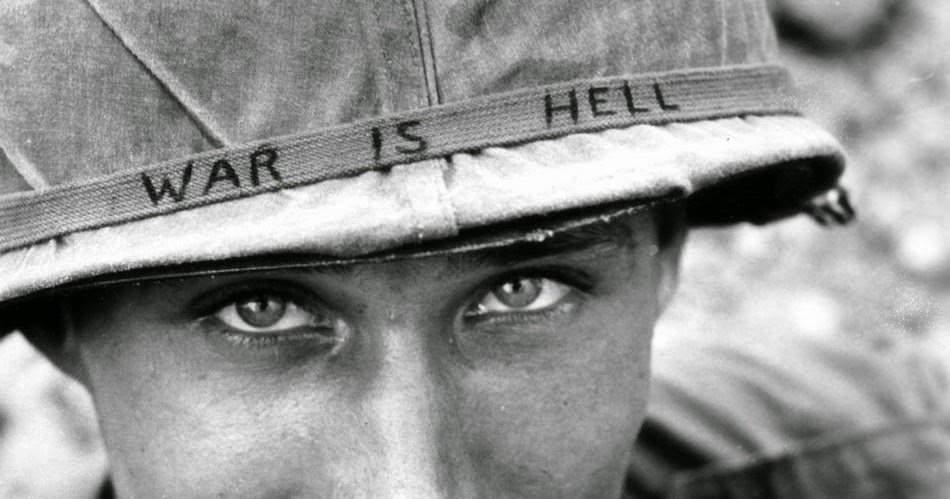 and vague, scattershot “I apologize if I offended anyone” excuses for unconscionable behavior. It’s easy to understand public disdain for any sort of penitential language. If absolution comes with no resolution—to live differently, in whatever small and incremental way—confession has been emptied of all meaning, and worse: it is become religious armor for infamy. Mercy opens a portal to repentance, characterized not so much by apologetic expression as by the hard work of repairing the damage, of reestablishing trustworthy relations.
and vague, scattershot “I apologize if I offended anyone” excuses for unconscionable behavior. It’s easy to understand public disdain for any sort of penitential language. If absolution comes with no resolution—to live differently, in whatever small and incremental way—confession has been emptied of all meaning, and worse: it is become religious armor for infamy. Mercy opens a portal to repentance, characterized not so much by apologetic expression as by the hard work of repairing the damage, of reestablishing trustworthy relations.
If we are to envision anything other than a dystopian future—rule of the brutal, by the brutal, for the brutal—we must recover language for what the Greek New Testament calls metanoia, meaning “to turn around, to change one’s life,” usually translated as “repentance.” To get there involves several precepts.
The first is distinguishing between shame and guilt. Insidiously, in our culture guilt is confused with shame, a form of self-preoccupation that engenders paralysis and passivity, an escape—knowingly or not—from response-ability. Shame removes agency, whereas the proper function of guilt is to authorize and mobilize the work of restoration.
The second precept in the recovery of penitential language is recognition of such work as a public process, not just a private solitary event.
The third precept is comprehending the purpose of judgment as restoration, not retaliation; the reclamation of virtue, not the authorization of vengeance. This framework has ancient antecedents in the Hebrew phrase tikkun olam (repair of the world) from the Jewish Mishnah, the Talmud, and the mystic Kabbalah literature in speaking of the matrix of spiritual transformation.
The fourth precept is acknowledging that the process of restoration is almost always discomforting, frightening, and strenuous. Powerful interests are invested in keeping things the way things are. Rabbi Abraham Joshua Heschel, who sat next to Dr. Martin Luther King Jr. in 1967 as he delivered his controversial “Beyond Vietnam” speech in New York City’s Riverside Church, wrote “God is not nice. God is not an uncle. God is an earthquake.”
The resolve to no longer be silent in the face of abuse is the fifth precept in a recovery of penitential living. Among the many memorable lines from Dr. King’s bold and dangerous speech critiquing the Vietnam War is “A time comes when silence is betrayal.”
Ending silence in the face of abuse begins with the ritual work of lament, itself a form of penitence. This sixth precept is among many things to be learned from African-American communities of faith. The articulation of grief—whether in speech or music or dance or moaning—contains in its very performance the generative power of assurance that siphons away the power of fear. Our capacity to grieve and lament are directly related to our capacity for hope, much like the circumference of a tree’s canopy is proportionate to its root system.
The last of these seven precepts, drawn from Rebecca Solnit’s amazing book Hope in the Dark: Untold Histories, Wild Possibilities, brings us back to where we began. Solnit writes, “Hope is not like a lottery ticket you can sit on the sofa and clutch, feeling lucky. Hope is an ax you break down doors with in the case of emergency. . . The future is dark, with a darkness as much of the womb as of the grave.”
The penitential life, which begins in disillusionment and grief, pushes toward clarity, which leads toward a kind of hope that is more than daydreaming. To hope for something is not a wouldn’t-it-be-nice sentiment. Hope binds us to a process designed to overcome injustice by forging equitable relations.
Conflict mediation specialist Byron Bland has written that two truths make healthy community difficult: that the past cannot be undone, and that the future cannot be controlled. However, two counterforces are available to address these: 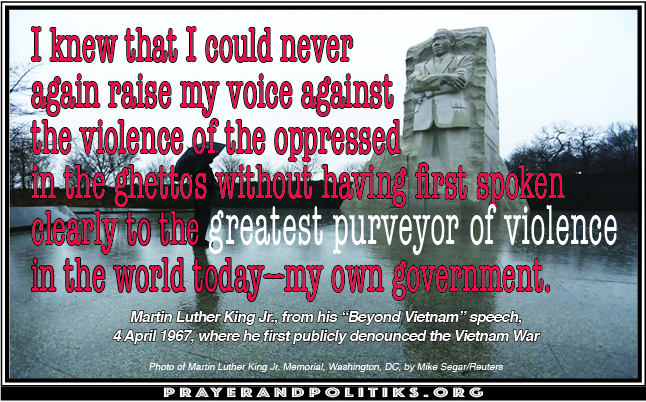 the practice of forgiveness, which has the power to change the logic of the past; and covenant-making, which creates islands of stability and reliability in a faithless, sometimes ruthless world.
the practice of forgiveness, which has the power to change the logic of the past; and covenant-making, which creates islands of stability and reliability in a faithless, sometimes ruthless world.
As Dr. King wrote in his anguished essay “Letter from a Birmingham Jail,” “We are caught in an inescapable network of mutuality, tied in a single garment of destiny.” These cords neither smother nor strangle. Such covenants are essential both for human and ecological flourishing. And this is what it means to be righteous in the eyes of God.
§ § §
“You shall know the truth, and the truth will set you free; but first it will make you miserable.”
—author unknown
§ § §
In what way does a commemoration of the My Lai massacre represent a penitential opportunity? The short answer: Because as a nation we have never allowed ourselves to fully acknowledge the carnage—not just in My Lai or in Vietnam more generally. Daniel Ellsberg’s release of the top-secret Pentagon Papers in 1971 revealed a long pattern of lies, cover-ups, and prevarication by the U.S. government and military commanders over the course of four presidencies and different political affiliations.
The purpose for marking March 16 on our calendars this year is not to re-litigate those charged in the massacre, or their commanding officers, or the top elected officials who created and sustained the conditions for, and covered up the results of, those killing fields. The purpose for remembering My Lai begins with the fundamental notion of citizen responsibility within democratic political systems. We are responsible for demanding truthfulness from our leaders, along with insisting on the implementation of the ideals of justice embedded in our governing documents. Remembering that we have been lied to before, on a massive scale, requires continuing vigilance.
For people of faith—and the theme of penitence is common to a great many religious traditions—remembering My Lai reminds us of the human capacity for brutality and for its rationalization of political corruption, military domination, and economic expansion. Public confession over My Lai has been minimal at best. Initially chastened after the war following revelations of its corrupt pursuit, the public has long since forgotten the impact of treachery when commercial pursuit, political deceit, and military aggression collude.
Considering this legacy alongside the rise in the U.S. of national chauvinism and white supremacy, in the hands of an increasingly authoritarian political culture in which truthfulness is a consumer choice, the result an environment mobilizing against anything remotely resembling the tikkun olam of Judaism, of Jesus’ announcement of the reign of God, or of Dr. King’s vision of the Beloved Community.
The fact that this year on April 4, less than three weeks after the My Lai anniversary, we also mark the 50th anniversary of the assassination of Dr. King is especially instructive. King was not murdered because he was a dreamer; nor even for insisting on integrated water fountains, bus seating arrangements, and voting rights. He was murdered because he dared to identify a more persistent and deep-seated flaw in our national character which gave (and continues to give) rise both to domestic oppression and international aggression.
This flaw is stuck in our craw. The penitential opportunity, with this year’s coincidence of golden anniversaries, remains open to us all.
Things are not getting worse. They are getting uncovered.
We must hold each other tight and continue to pull back the veil.
—adrienne maree brown
# # #


 —former FBI agent and counterterrorism expert
—former FBI agent and counterterrorism expert 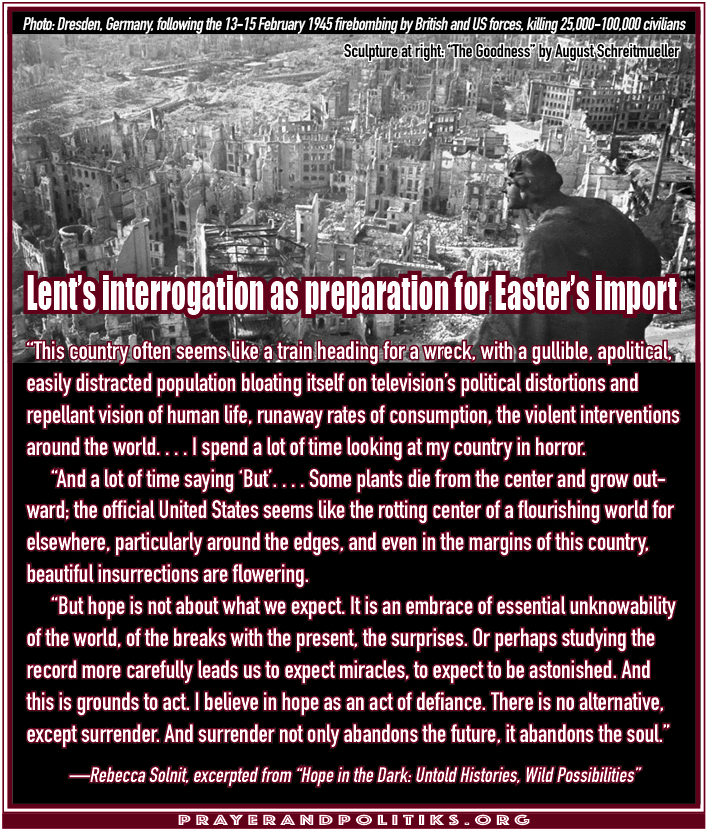 “the right to bear arms”
“the right to bear arms”
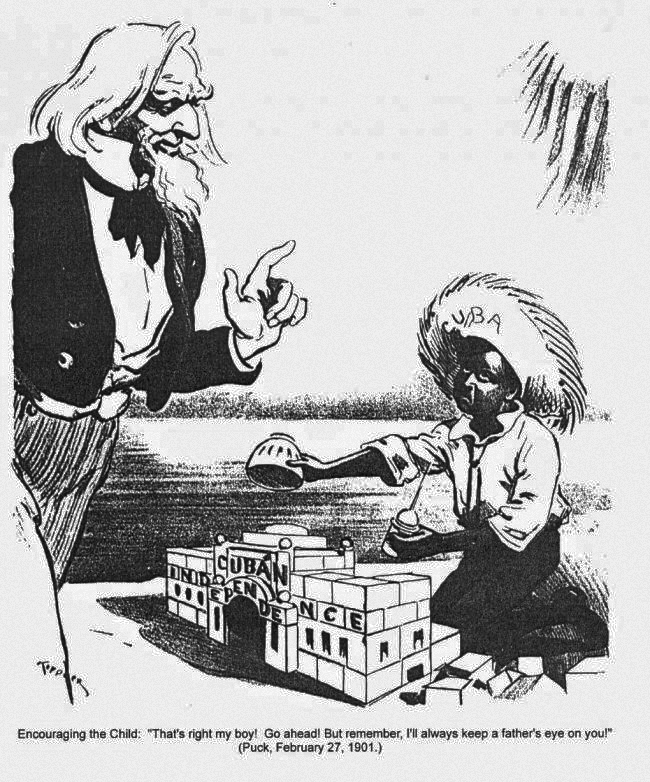 ator George Frisbie Hoar argued, “This Treaty will make us a vulgar, commonplace empire, controlling subject races and vassal states, in which one class must forever rule and other classes must forever obey.” Immediately after the signing of the treaty, the US-owned "Island of Cuba Real Estate Company" opened for business to sell Cuban land to Americans.
ator George Frisbie Hoar argued, “This Treaty will make us a vulgar, commonplace empire, controlling subject races and vassal states, in which one class must forever rule and other classes must forever obey.” Immediately after the signing of the treaty, the US-owned "Island of Cuba Real Estate Company" opened for business to sell Cuban land to Americans.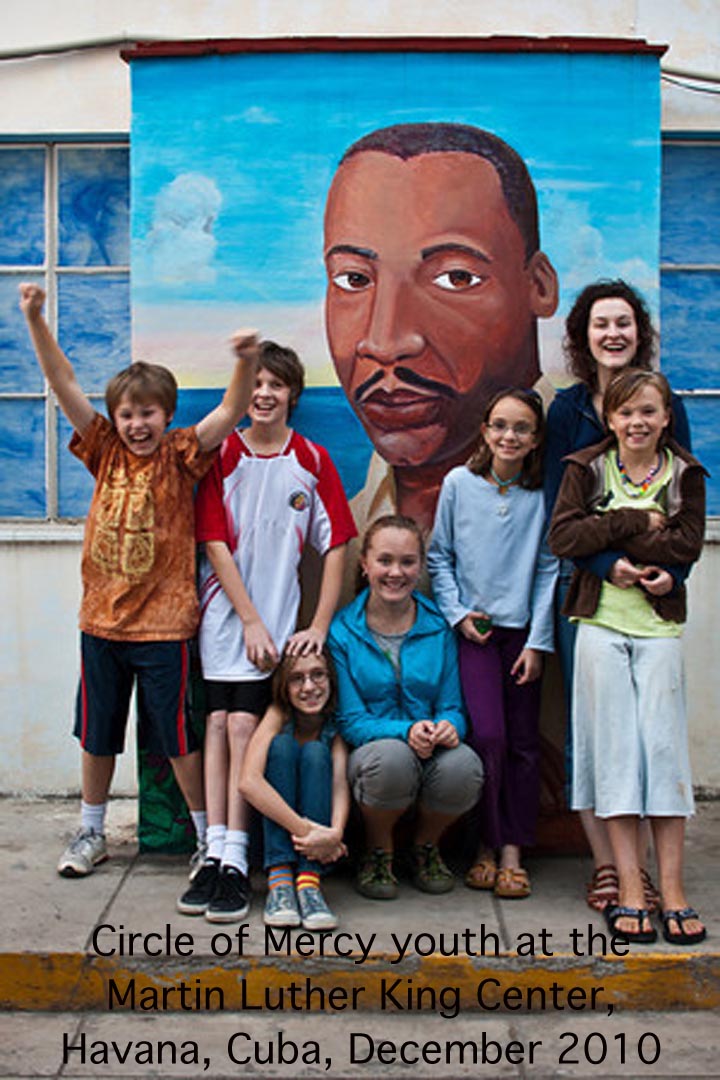 since the 1870s.
since the 1870s.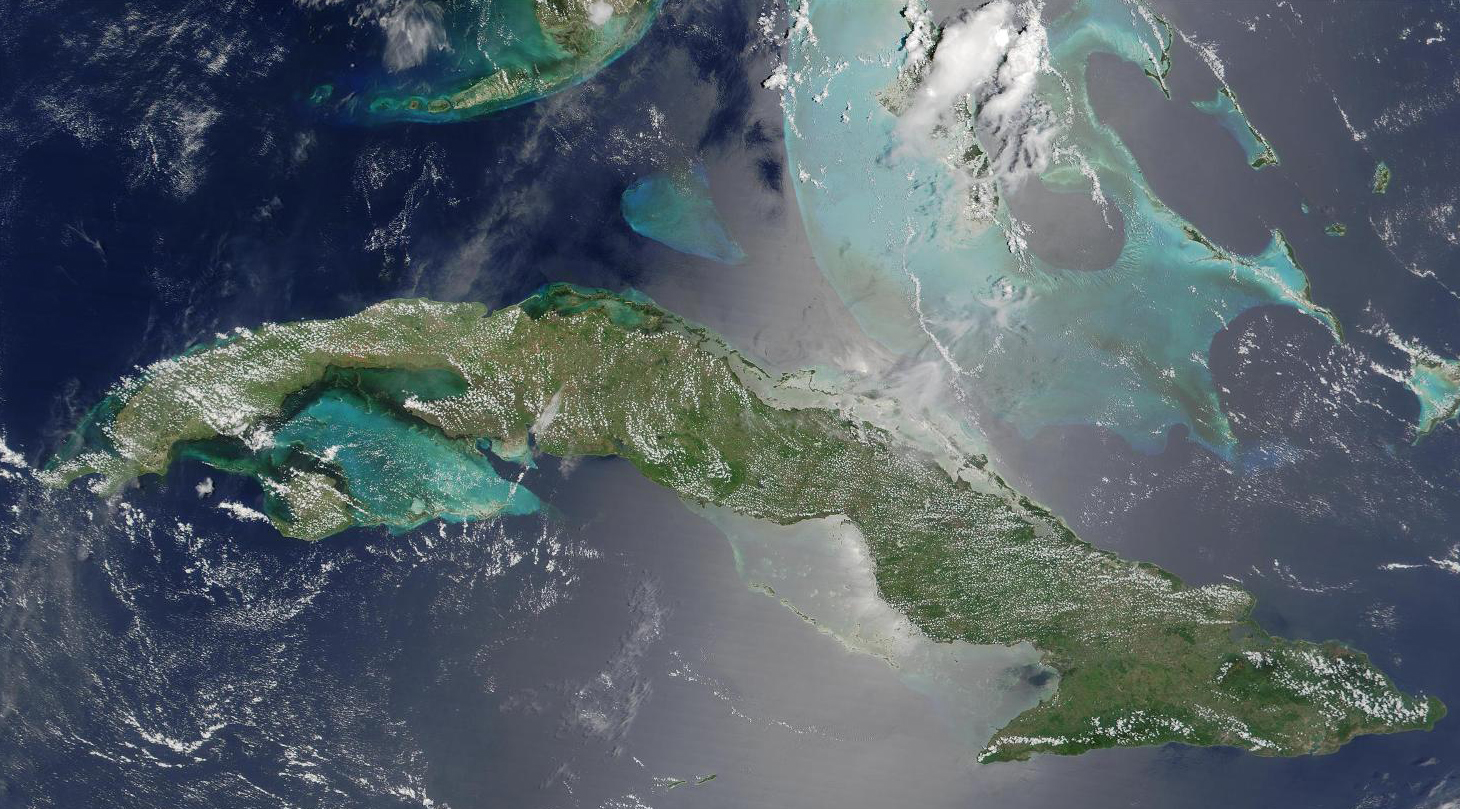 40 participants representing 19 different denominations including Baptist, Methodist, Presbyterian, Episcopalian, Quaker, and several branches of Pentecostalism.
40 participants representing 19 different denominations including Baptist, Methodist, Presbyterian, Episcopalian, Quaker, and several branches of Pentecostalism.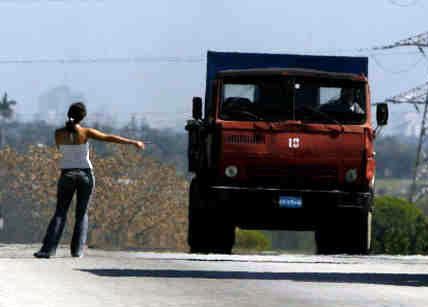 31. All Cuban government vehicles are legally required to pick up hitchhikers.
31. All Cuban government vehicles are legally required to pick up hitchhikers. uba.
uba. accidents every year in this country. When was the last time you thought, before heading to the grocery store, “I wonder if it’s worth the risk?”
accidents every year in this country. When was the last time you thought, before heading to the grocery store, “I wonder if it’s worth the risk?”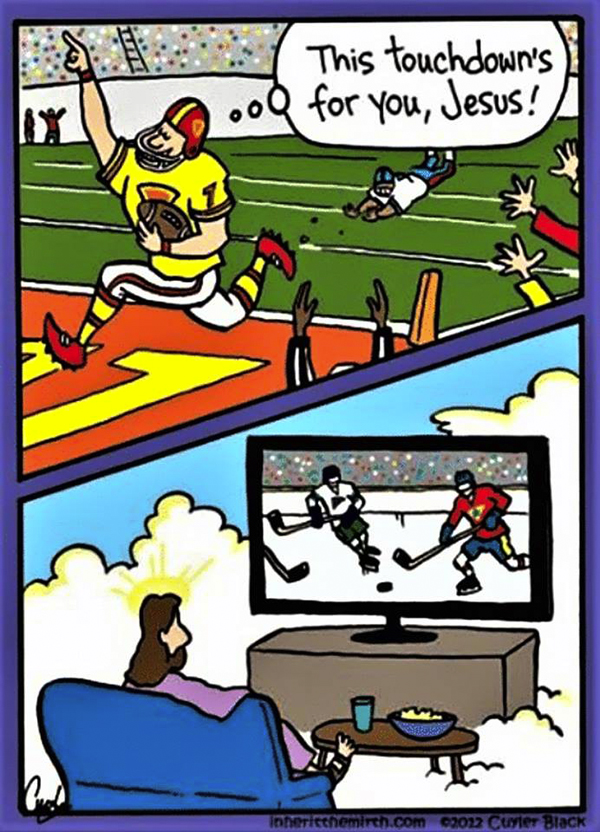 declaration that all that had been made was “good.” The English word fails to capture the full range of the Hebrew word used, which is much more like “and God said it is delightful.”
declaration that all that had been made was “good.” The English word fails to capture the full range of the Hebrew word used, which is much more like “and God said it is delightful.”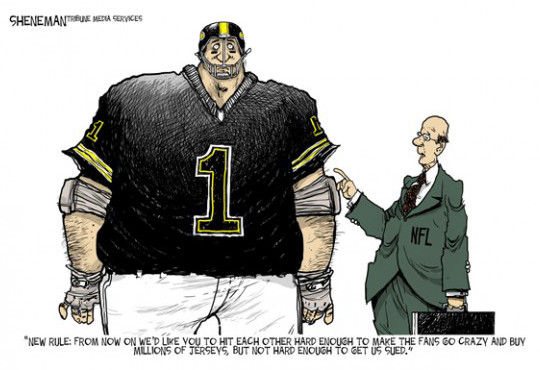 teammates born of shared ordeal. Coming to recognize the irony that freedom of fluid movement comes by disciplined, repetitive, demanding practice. Realizing that getting up again is a coup against being knocked down.
teammates born of shared ordeal. Coming to recognize the irony that freedom of fluid movement comes by disciplined, repetitive, demanding practice. Realizing that getting up again is a coup against being knocked down.